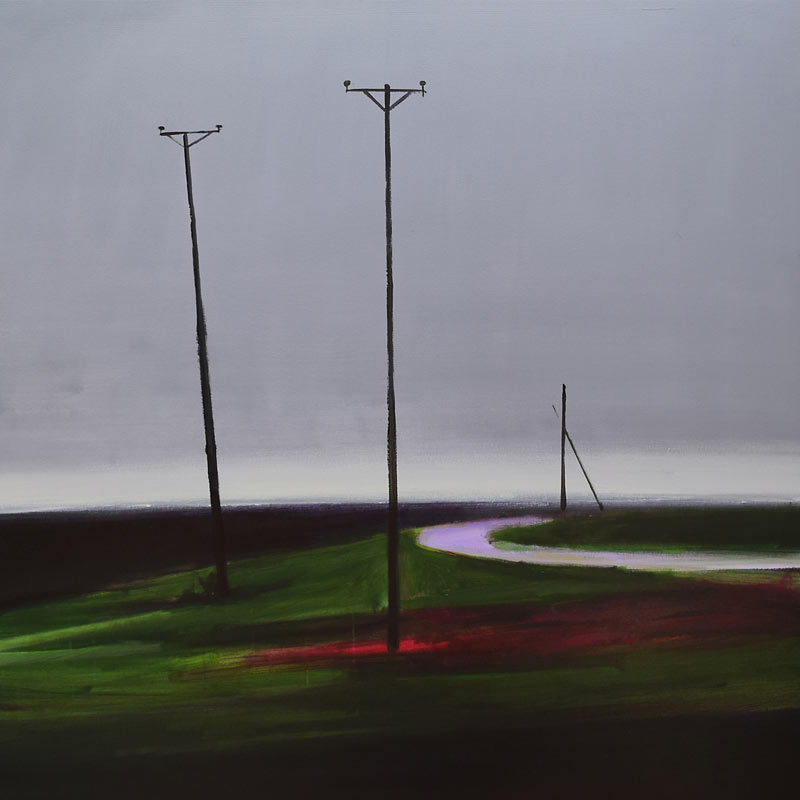 Reading about the new Francis Pryor book on the Fens.
Reading about the new Francis Pryor book on the Fens.I'm very much looking forward to reading this, and factoring it into some writing on the Fenland landscapes.
As Francis writes:
In the 20th century the historic medieval cores of towns like Kings Lynn, Wisbech and Spalding were severely damaged by development and insensitive road-building. The well thought-out railway network in the Fens was destroyed by Dr Beeching’s ‘rationalisation’ of the 1960s. Consequently many smaller market towns today boast empty high streets, poorly-attended markets and numerous charity shops. We are also beginning to appreciate the extent of irreversible change that the wholesale drainage of the 1850s and 1970s has caused. And with sea level rise a seemingly inexorable process… Need I say more? The floor of my study is about two metres above sea level; an average high tide would wet our bed, upstairs. And yet, people are still regularly granted planning permission by local authorities to build bungalows. In many respects, the story of the Fens – an area I have grown to love and cherish – could be the story of Britain, past, present and future.
The cover of the book is a painting buy the artist Fred Ingrams, who lives in the Fens.
He has a wonderful style which captures the landscape perfectly.
Check out some paintings from a forthcoming exhibition here.
Here's another of Fred's paintings... There are plenty of Fenland roads looking just like that...

Image copyright: Fred Ingrams
Francis is doing a talk in Ely during my summer break, and I plan to attend and get a copy of the book at the same time.
And the final Fred Ingrams link is that he did the cover of the latest Cambridge University Research Digest (PDF download) - based on the East of England. This contains some excellent research ideas, and images. Worthy of a separate blog post.
Comments